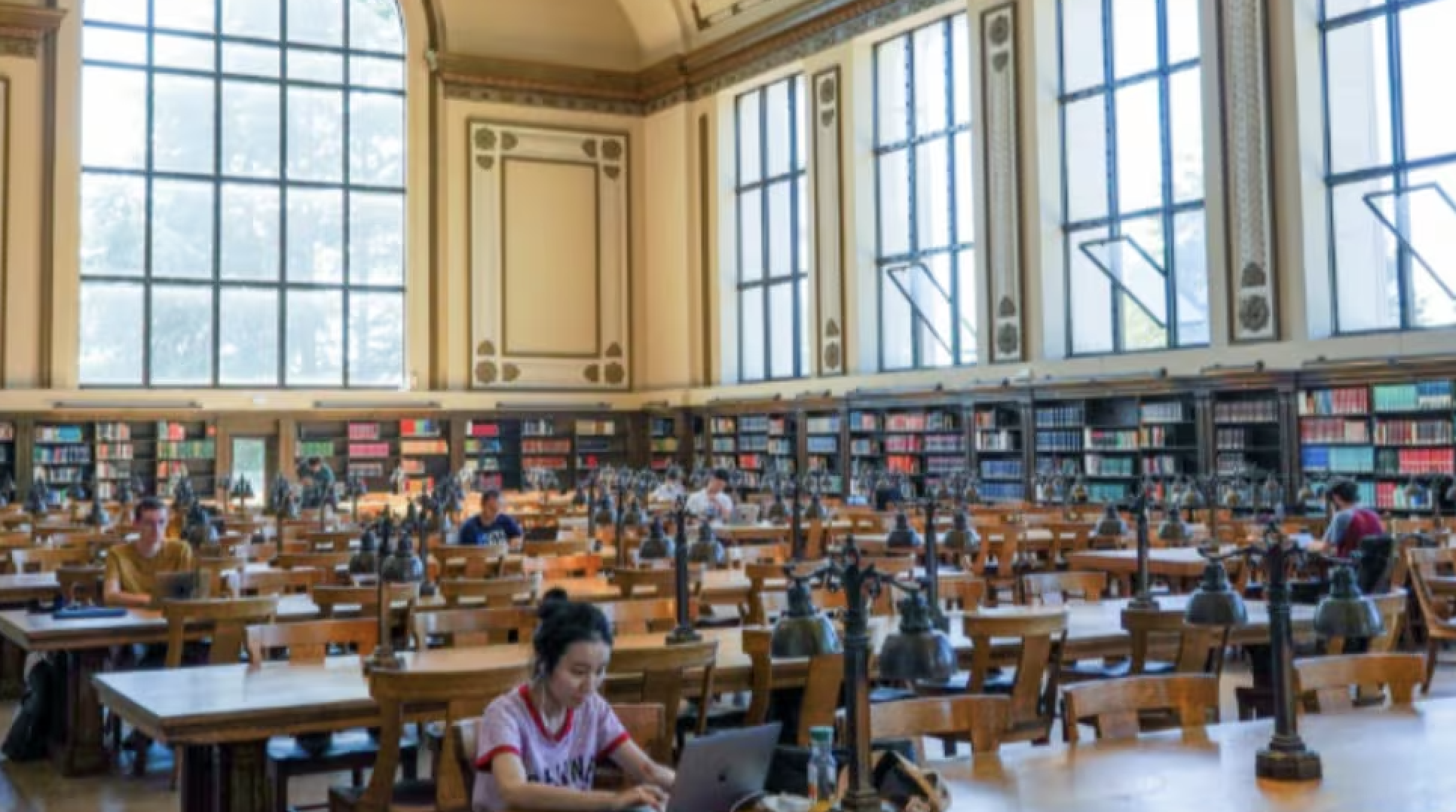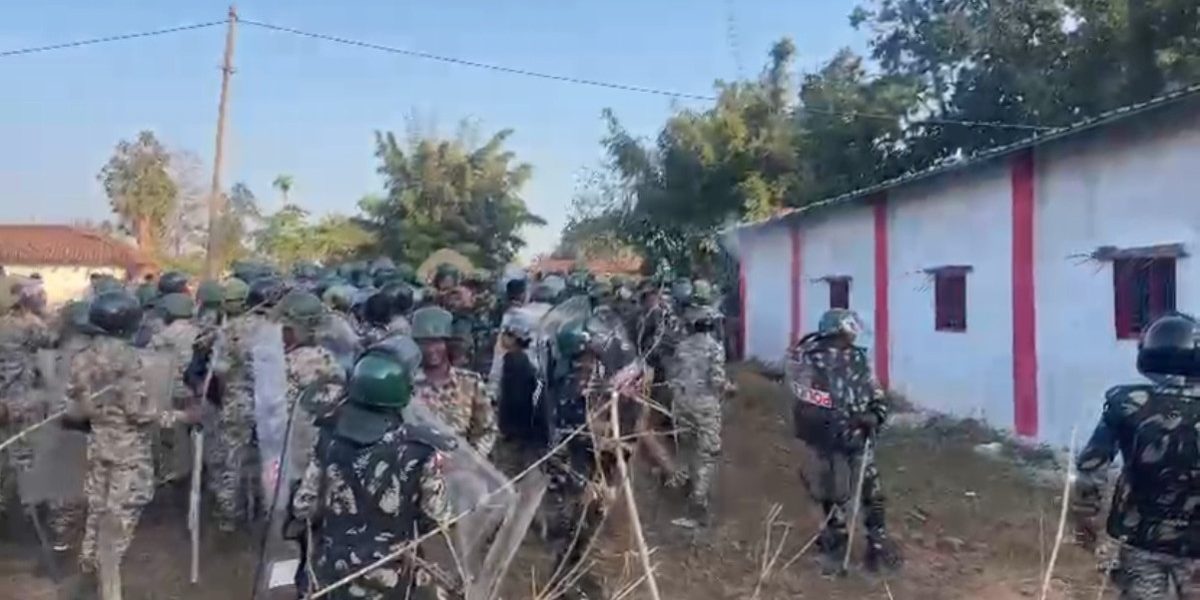After a recent visit to his home state of Gujarat, India’s Prime Minister Narendra Modi tweeted, “Thank you Gujarat for the affection. Here are highlights from the programs in Bhuj.” While some may have praised his visit to the area, for many others, Prime Minister Modi’s visit brought back painful memories of his complicity in the 2002 Gujarat riots, which left hundreds of religious minorities dead. In his former role as Chief Minister, Modi was accused of condoning the violence and overlooking the actions of the police and local government, who reportedly gave directions to rioters regarding the locations of Muslim-owned properties. As a result, the fallout of the Gujarat riots resulted in a travel ban against Modi to the United States until he became head of state for India.
Prime Minister Modi’s actions during the 2002 riots align closely with the ideology of Hindutva, which Modi has embraced for decades. The core tenant of Hindutva is to make India a Hindu-only country where other religions are suppressed and ousted as ‘outsiders.’ Modi’s political party (the BJP) openly embraces this ideology and has begun codifying the doctrine into law through a series of anti-conversion laws active in nearly a dozen states across India.
This story was originally published in persecution.org . Read the full story here





